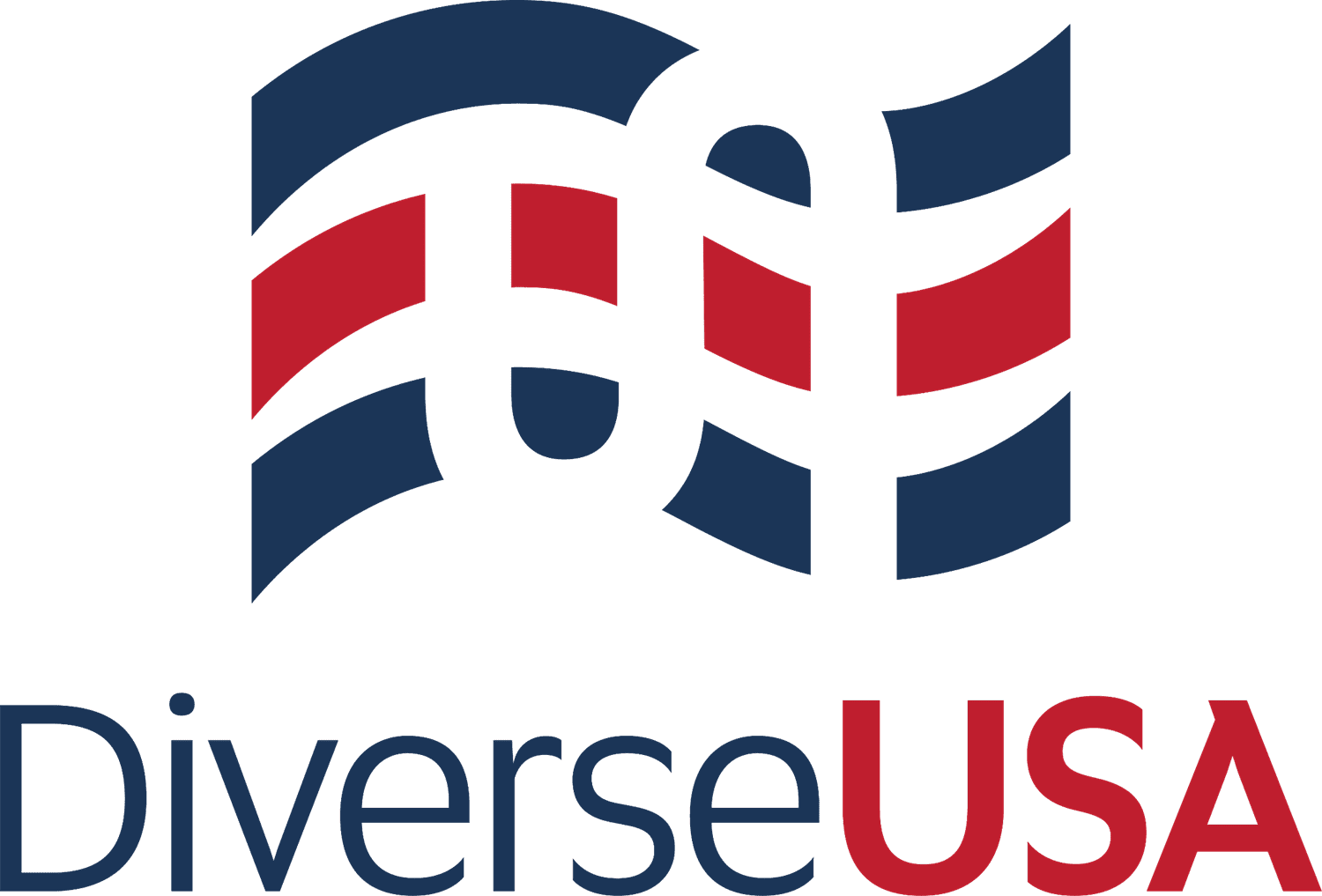External Civil Rights Program Plans & Evaluation

External civil rights program plans and evaluation services refer to developing and implementing strategies and measures to improve outcomes with a diverse workforce to further the organization’s mission by consciously addressing the needs of diverse customer groups, and thereby promoting and protecting the civil rights and liberties of the public it serves.
These external civil rights programs and services may include the following:
- Outreach and advocacy involve collaboration with community stakeholders, non-governmental organizations, civil rights organizations, civic groups, and others in the local communities impacted by the mission of an government agency or non-profit organization, or the products and services of a private company. Such 360* strategies for advancing DEIA in all contacts and contexts with an organization’s customers also protects the public’s civil rights and liberties and promotes social justice for the public. Special emphasis is required for members of underserved populations and of religious and ethnic minority groups, persons with limited English proficiency, and persons with disabilities.
- Complaint investigation and resolution: This involves investigating and resolving complaints and grievances from the public of alleged civil rights and liberties violations and abuses through a formal review process. Numerous federal laws, including Title VI of the Civil Rights Act of 1964, the Americans with Disabilities Act of 1990 (ADA), Sections 504 and 508 of the Rehabilitation Act, the Age Discrimination Act of 1975, the Lilly Ledbetter Fair Pay Act, and the Affordable Care Act, prevent discrimination by organizations receiving federal funding or other federal finance assistance. As a result, government agencies and their business partners must have mechanisms in place to timely and effectively address complaints from the public they serve and impact in their day-to-day operations. The private sector also should have customer-focused mechanisms in place to meet the challenges of addressing the needs of diverse customer groups and deliver the best customer service possible.
- Policy development and implementation involves developing and implementing policies and procedures that promote civil rights and liberties and enhance cultural sensitivity and prevent unconscious bias and intentional discrimination against diverse customer groups
- Data collection and analysis: This involves collecting and analyzing data on civil rights and liberties issues and trends to inform policy, program, and product development.
- Program evaluation: This involves assessing the effectiveness of civil rights programs and services to identify areas for improvement and ensure compliance with legal requirements.
Evaluation services may include conducting surveys, focus groups, and other data collection methods to measure the impact of external civil rights and liberties programs and services to customers. This information can be used to refine and improve existing programs or develop new initiatives to address emerging civil rights and liberties issues impacting the public.

